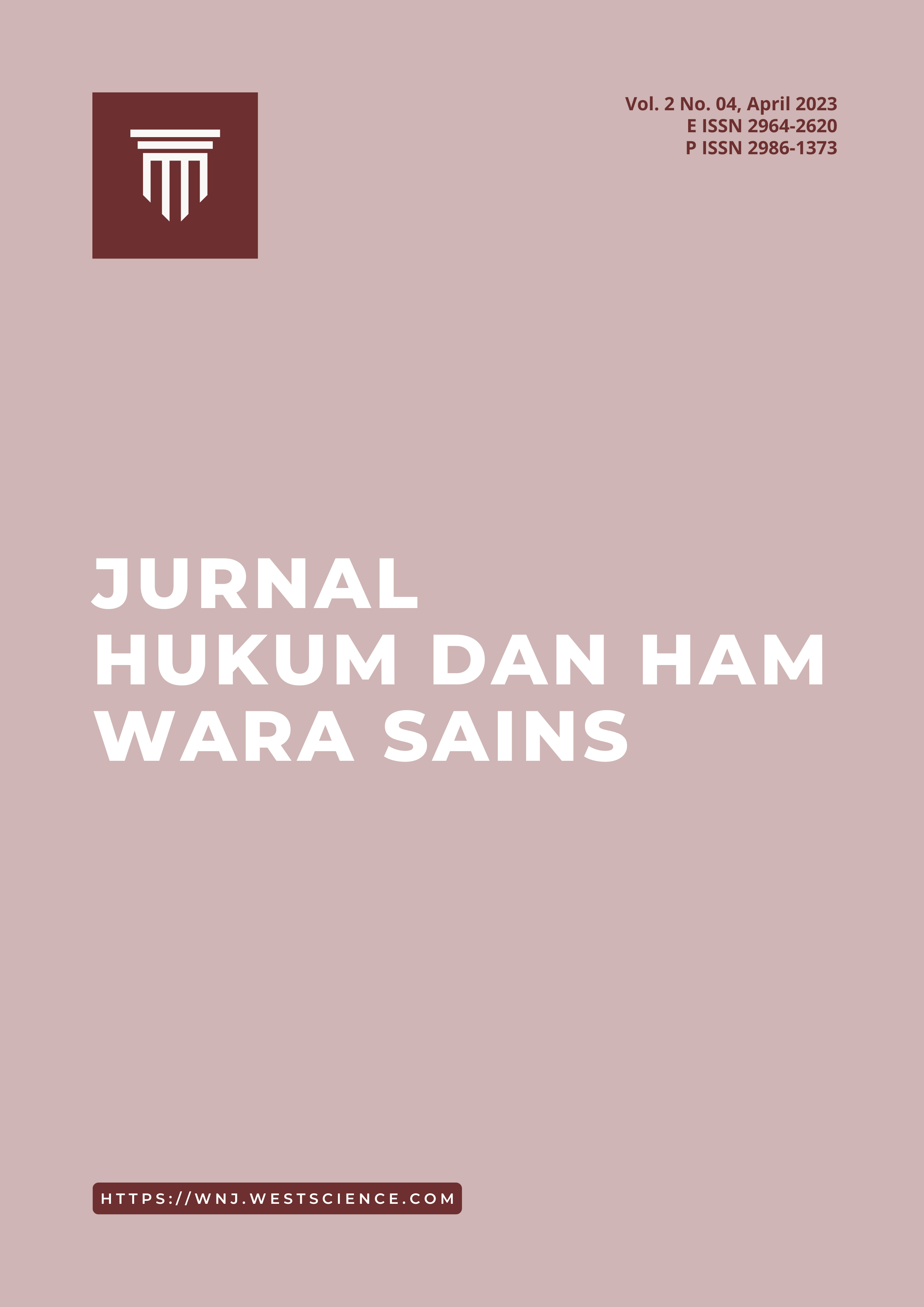The Role of Halal Ecosystem Goods in The Horn of Africa (HOA)
DOI:
https://doi.org/10.58812/jhhws.v2i04.294Kata Kunci:
Horn of Africa, Ecosystem, Halal ecosystem goods, Economic growth.Abstrak
The Horn of Africa (HoA) is a region with diverse cultures and traditions, and a significant Muslim population. Halal ecosystem goods have the potential to accelerate economic growth and improve the quality of life for individuals and communities in the region. This qualitative research paper aims to explore the adaptability and effectiveness of halal ecosystem goods in the HoA region, and their implications for economic growth. The study will utilize qualitative methods such as literature reviews, document analysis, and in-depth interviews with key stakeholders. The research will uncover the factors that contribute to the growth of halal ecosystem goods in the region, including their adaptability to local contexts, effectiveness in meeting consumer demand, and impact on the quality of life for individuals and communities. The findings will also identify challenges and opportunities for further development of halal ecosystem goods in the region, and provide recommendations for policymakers, businesses, and other stakeholders to foster sustainable economic growth through halal economies.
Referensi
Ab Talib, M.S., Ai Chin, T. and Fischer, J. (2017), “Linking halal food certification and business performance”, British Food Journal, 119(7), 1606-1618.
Ahyar, M. K. & Wibowo , M. (2020). Halal Industry and Islamic Banking: A Study of Halal Ecosystem Regulation in Indonesia, Journal of Finance and Islamic Banking 2(2);165-182
Armanios, F. and Ergene, B. (2018), Halal Food: A History, Oxford University Press, Oxford.
Aynalem, Y. (2022). Turning to Halal foods, https://www.thereporterethiopia.com/25714/ Accessed November 11, 2022
Bonne, K. and Verbeke, W. (2008b), “Religious values informing halal meat production and the control and delivery of halal credence quality”, Agriculture and Human Values, 25(1), 35-47.
Hailu, S. M., & Yatoo, N. A. (2021). Islamic Finance in Ethiopia: Current Status, Prospects And Challenges. International Journal of Islamic Banking and Finance Research, 6(1), 1-18.
Hassan, D. (2017). Islamic Banking In Somalia Challenges And Opportunities, https://islamicmarkets.com/publications/islamic-banking-in-somalia-challenges-and-opportunities
McErlich, A.F. and Boydston, R.A. (2014), “Current state of weed management in organic and conventional cropping systems”, in Young, S.L. and Pierce, F.J. (Eds), Automation: The Future of Weed Control in Cropping Systems, Springer, Dordrecht, pp. 11-32.
Nisha, N. (2017). Halal Ecosystem: Prospect For Growth In Bangladesh, International Journal of Business and Society, 18(1), 205-222
Abdullahi, M. D. (2001). Culture and customs of Somalia (Vol. 2). Greenwood Publishing Group.
Pew Research Center (2017), “The changing global religious landscape”, available at: www.pewforum. org/2017/04/05/the-changing-global-religious-landscape/#global-population-projections-2015- to-2060 (accessed 23 September 2017).
Randeree, K. (2019). Challenges in halal food ecosystems: the case of the United Arab Emirates, British Food Journal 121(5):1154-1167
Warsame, M., Abdalla, Y. & Lasyoud, A. (2021). Can Islamic banking revive Somalia’s ailing economy? 1Accounting 7(7):1709-1716
Watenpaugh, K. (2014), Being Modern in the Middle East: Revolution, Nationalism, Colonialism, and the Arab Middle Class, Princeton University Press, Princeton, NJ.
Kirui, L., & Karugia, J. T. (2019). Economic viability of abattoirs in Arid and Semi-Arid Land (ASAL) counties of Kenya.
Ahmed, M. J., & Akbaba, A. (2018). The potential of halal tourism in Ethiopia: opportunities, challenges and prospects. International Journal of Contemporary Tourism Research, 2(1), 13-22.
Unduhan
Diterbitkan
Cara Mengutip
Terbitan
Bagian
Lisensi
Hak Cipta (c) 2023 Samsam Ismail Hassan

Artikel ini berlisensiCreative Commons Attribution-ShareAlike 4.0 International License.



















 Instagram
Instagram 